The 10 Biggest Microsoft Stories Of 2008
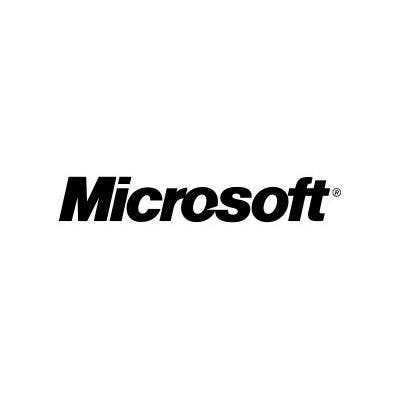
Microsoft, which is being sued for allegedly leading consumers astray with its Vista Capable logo campaign in the year before Windows Vista's January 2007 release, would love for this story to go away, but it just seems to get juicier and juicier.
In November, a federal judge ordered Microsoft CEO Steve Ballmer to testify in the class-action lawsuit, based on his "unique personal knowledge" of facts related to the case. Ballmer discusses the Vista Capable campaign in several internal Microsoft e-mails that have been unsealed in batches since the lawsuit was given class-action status, and he'll likely face some pretty intense questioning.
The industry's Vista loathing has actually begun to wane since Microsoft began talking in earnest about its successor, Windows 7, but the Vista Capable case, set to go to trial in April, will ensure that the world's most maligned operating system remains in the headlines in 2009.
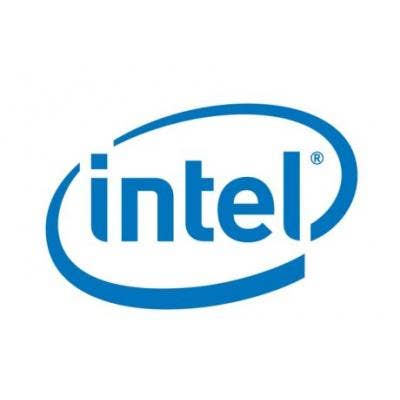
Microsoft spent much of 2008 insisting that Windows Vista Service Pack 1 was a panacea for Vista's ills, and that the market's negative perceptions of Vista were the result of folks blindly parroting the 'Vista Sucks' meme.
In July, Microsoft conducted focus groups with a pool of XP users who had negative perceptions of Vista, but hadn't actually used it or seen it in action. The XP users were told they were getting a sneak peek at the next version of Windows, code-named Mojave, and were asked to give their impressions, which were largely positive. Later, users were informed that the OS they'd just seen was actually Windows Vista.
The Mojave Experiment was ridiculed by many consumers, but Microsoft channel partners saw it as a welcome -- and long overdue -- response to the 'death of a thousand cuts' delivered by Apple's 'I'm a PC, I'm a Mac' advertising campaign.
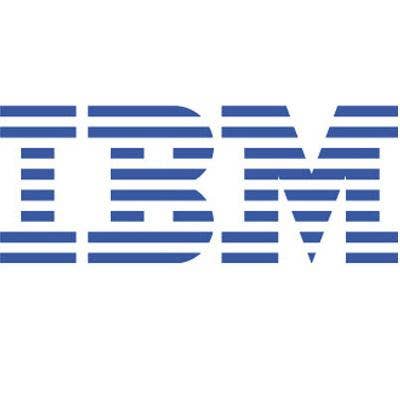
After 33 years on the job, Bill Gates' tenure as a full-time Microsoft employee ended June 27. Gates will still be spending 20 percent of his time on Microsoft-related projects, but the other 80 percent of the time he'll be working to change the world through philanthropic work, in ways that don't necessarily involve software.
Gates chose to mark his departure with humor; first with the hilarious 'Last Day At Work' video shown at CES 2008, and later, in his emotional farewell address to employees, where he looked back at some of the challenges Microsoft has overcome.
"Even the times that were the toughest, in some ways, those are the ones that bond you the most," Gates told the gathering of some 800 employees. "You know, when IBM decides to attack you, or when some legal ruling isn't quite right, and you have to have a press conference afterwards."
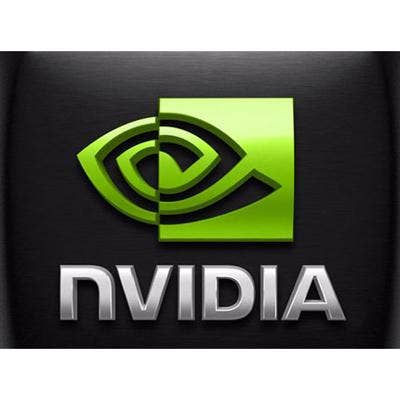
In case you forgot, Microsoft made a $44.6-billion bid to acquire Yahoo back in February, which Yahoo promptly declined on the grounds that it was too low. Since then, Microsoft-Yahoo has been the rumor that simply will not die, and has taken on a relentless, 'Night Of The Living Dead' type of feel, with the story re-emerging every few weeks or so with a new angle of intrigue.
Of course, the economic downturn and Yahoo's steadily eroding share price has made Yahoo's refusal seem incredibly ill-fated. Microsoft, meanwhile, has in recent months been picking off Yahoo search talent like a determined grizzly bear during a salmon run, making an acquisition -- even one limited to Yahoo's search business -- seem increasingly improbable.

At its Worldwide Partner Conference in July, Microsoft unveiled a pricing structure through which VARs can offer hosted, subscription-based versions of Exchange, SharePoint, Office Communications Server, and Office LiveMeeting.
Some solution providers that had built vibrant businesses around selling and installing these products thought the pricing was too low, while others cried foul over Microsoft's plan to take over control of customer billing. But Stephen Elop, president of the Microsoft Business Division, urged partners to consider the long-term benefits of the recurring revenue model, and has continued to bring home the message that services are the future for Microsoft and its partners.

Microsoft launched Windows Server 2008 in February at a gala launch event in Los Angeles. In June, Microsoft launched Hyper-V, its long-awaited virtualization hypervisor, setting the stage for a push into virtualization that has forced competitors like VMware to re-evaluate their approach to the market.
Windows Server has been widely praised for its performance and reliability, two main areas that have been problematic for Windows Vista users. This is ironic because Windows Server 2008 and Vista share the same code base.
The early returns on Hyper-V, meanwhile, have been largely positive, especially among Microsoft channel partners that have existing virtualization practices. As Microsoft continues to move toward its goal of 'democratizing' virtualization, solution providers will play a lead role in explaining the efficiencies the technology can offer downturn-weary customers.
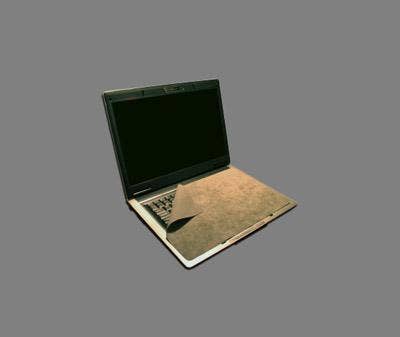
Microsoft didn't budge on its June 30 cutoff date for selling Windows XP, but it did offer OEMs the opportunity to continue selling XP through downgrade rights. In a sign of the market's resistance to Windows Vista, Dell, Hewlett Packard, and other PC makers all chose to go the downgrade rights route to keep their customers happy.
Downgrade rights, which Microsoft also offers with Windows Vista Business and Vista Ultimate as well as to volume licensing customers, give users the ability to roll back to the previous version of the product they're using. Downgrade rights have existed since 2001, but never have they received the amount of attention as they did in 2008, as the IT industry populace did everything it could to avoid using Vista.
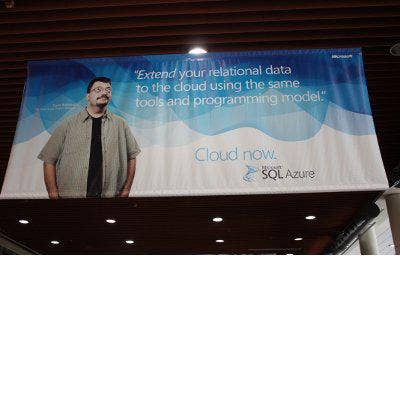
Microsoft has traditionally shared early product design work with the industry in order to elicit feedback, but has been criticized for removing features later on, particularly with Windows Vista. With Windows 7, Microsoft is adopting a more transparent approach by launching several Windows 7-related blogs and offering in-depth details on the OS at recent conferences.
In November at the Windows Hardware Engineering Conference, Steven Sinofsky, senior vice president for the Windows and Windows Live Engineering Group, declared that Windows 7 will be a unique, customer-focused operating system that hammers out device compatibility issues once and for all. Clearly, Microsoft has taken the lessons it learned from Vista to heart.

In October at its Professional Developers Conference, Microsoft Chief Software Architect Ray Ozzie took the wraps off Windows Azure, a new development platform for building cloud-based applications. Ozzie described Azure as "an extension of Windows to the Web", and said Microsoft plans to eventually move all its enterprise software into the cloud.
Although Azure was widely expected, solution providers were pleasantly surprised by the move, and said the fact that Microsoft is building a Web-based environment -- and branding it as Windows -- shows that Microsoft wants to forever dispel the image of Windows as being limited to the desktop.

Like many companies in the IT industry, netbooks snuck up on Microsoft surprisingly quickly. But once Microsoft realized that these cheap, small form factor notebook PCs were shipping with Linux and getting the open source OS in front of more consumers, the software giant moved quickly to extend the availability of Windows XP for these machines to June 30, 2010.
The netbook segment is growing quickly, and looks poised to continue being part of many cash-strapped PC buyers' decisions in 2009. That's probably the reason Microsoft decided that getting some money from XP on netbooks (which is reportedly cheaper than the regular PC version of XP) is better than getting nothing from Linux-based ones.